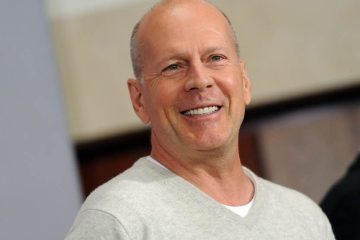Exploring the Journey of Layton Williams in Entertainment

Introduction
Layton Williams has emerged as one of the most dynamic and versatile talents in the entertainment industry today. Known for his exceptional skills in dance and acting, Williams has captivated audiences in both theatre and television. As the landscape of the arts evolves, his contributions are becoming increasingly relevant, especially in promoting diverse representation and engaging performances.
Early Life and Education
Born on 16th September 1994 in Bury, Greater Manchester, Layton Williams exhibited a passion for performing from a young age. He attended the prestigious Italia Conti Academy of Theatre Arts in London, where he honed his craft in musical theatre. His early exposure to performance arts laid a solid foundation for what would become a remarkable career.
Rise to Fame
Williams first gained national attention when he starred in the West End’s production of “Billy Elliot: The Musical” as the lead character, Billy. His portrayal of the young dancer facing adversity showcased not only his remarkable talent but also his ability to connect with audiences emotionally. Following this success, he further solidified his place in the spotlight with his role in the hit musical “Everybody’s Talking About Jamie,” portraying the character Jamie New. This role was pivotal in his career, earning him critical acclaim and solidifying the recognition of his role in advocating for LGBTQ+ representation in the arts.
Television Success and Recent Projects
In addition to his theatrical performances, Layton Williams has made notable strides in television. He participated as a contestant on the popular reality show “RuPaul’s Drag Race UK” season 3, where he showcased his charisma and talent. His ability to connect with viewers and entertain has made him a beloved figure, further enhancing his reputation in the entertainment industry.
Recently, Williams has been involved in various projects including acting roles, choreography, and continued advocacy for diversity in the arts. His work is increasingly relevant as the industry strives for inclusion, and Layton has emerged as a powerful voice on these issues.
Conclusion
Layton Williams stands as a testament to the transformative power of talent and representation in the arts. His journey, marked by his commitment to authentic storytelling and advocacy, resonates with audiences and inspires emerging artists. As he continues to take on new and exciting projects, Layton is undoubtedly a star to watch. With the entertainment industry evolving towards greater inclusivity, Williams’ contributions will remain significant in shaping its future landscape.








